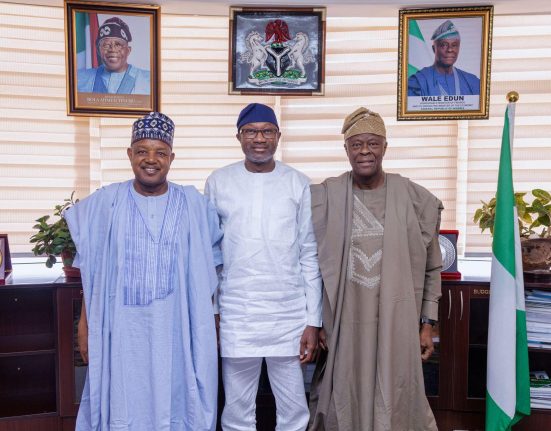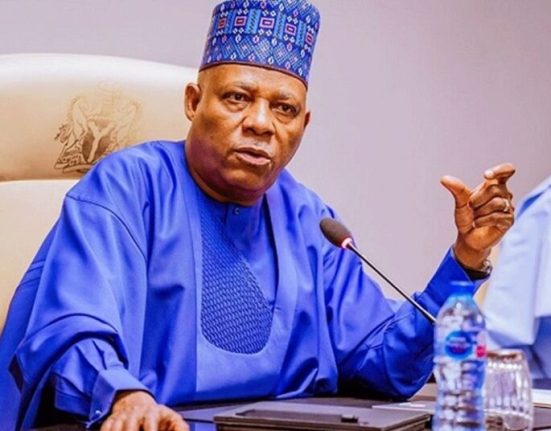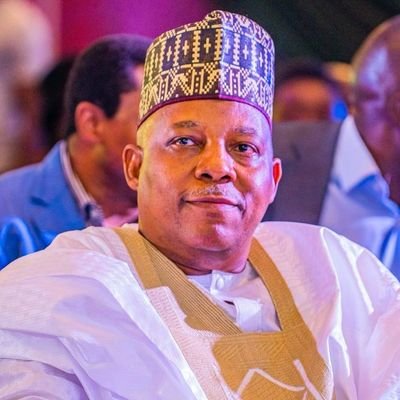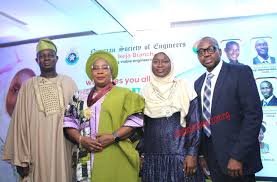In a spirited call for equity and inclusive development, Mrs. Maryam Ahmad has reaffirmed her unwavering commitment to advancing girl-child education in Nigeria, aligning her advocacy with the Renewed Hope agenda of President Bola Ahmed Tinubu’s administration.
Speaking at a recent community outreach programme in Northern Nigeria, Ahmad declared that no meaningful national progress can be achieved if millions of Nigerian girls continue to be denied access to quality education. According to her, bridging the gender gap in education is not just a moral imperative but a strategic pathway to national transformation.
“Our girls are not asking for too much — they’re asking for the same opportunities boys get. Education is not a privilege; it is a right. And if we want to build a Nigeria that truly reflects the Renewed Hope vision, then we must prioritize the girl-child in every village, city, and state,” Ahmad said passionately.
She called on state governments, traditional leaders, and religious institutions to break the socio-cultural barriers preventing girls from staying in school, particularly in underserved regions. Ahmad also applauded the Federal Government’s ongoing efforts through the Universal Basic Education Commission (UBEC) and the National Home-Grown School Feeding Programme, which have helped boost enrolment among girls in recent years.
Her advocacy work, which includes scholarship schemes, mentorship, and school infrastructure support, has already impacted hundreds of school-age girls across several states. She believes that empowering girls through education creates a ripple effect that uplifts entire communities — reducing child marriage, curbing poverty, and improving maternal health outcomes.
“Educating a girl means educating a nation. Let us not just talk about hope — let us invest in it, one girl at a time,” she added.
As the 2025 academic year unfolds, stakeholders say more collaborative efforts are needed to protect girls’ access to education, especially in areas affected by insecurity, displacement, or deep-rooted gender bias. With voices like Ahmad’s leading the charge, the movement for a better, more educated future for Nigerian girls is gaining renewed strength.







